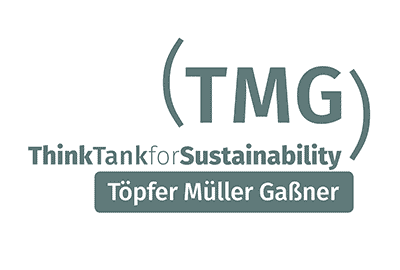Background
Maintaining healthy and productive ocean ecosystems is crucial for us all. The ocean covers more than 70% of our planet and is a vital support system for all life. It regulates the global climate, provides protein and essential nutrients for 1 billion people, hosts immense biodiversity and enables sustainable economic growth, renewable energy, international trade, and recreational and cultural activities.
Currently the ocean is under threat. Human activities such as shipping and fishing have intensified and expanded, and a range of new activities such as oil and gas exploration and potentially deep sea bed mining have developed. These economic activities generate pollution, overexploitation of resources and destruction of critical habitats, resulting in a growing negative impact on the integrity of ocean ecosystems and its associated ecosystem services. Climate change and ocean acidification compound the impacts of these activities and place further pressure on marine ecosystems and their services.
In many respects, current ocean governance is not sufficient: different sectors, such as fisheries or shipping, are regulated by separate bodies hardly interacting with each other. Due to the transboundary nature of the oceans, measures by individual States are not sufficient. To address current and emerging threats to the ocean, transformative governance approaches are needed and existing governance approaches and instruments need to be strengthened.




